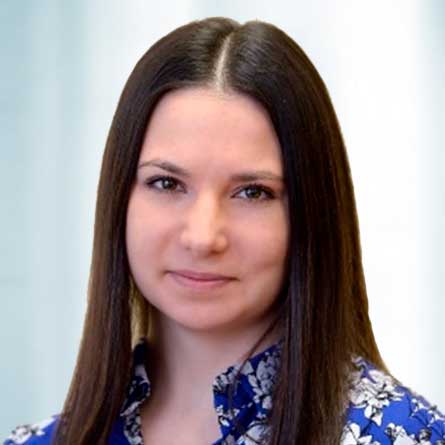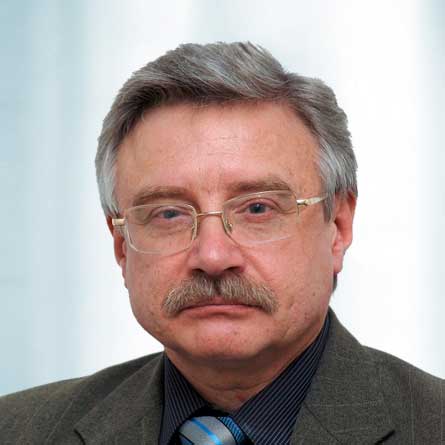Tuition fee information for all majors
Area of study: 13.04.02 Electric power and electrical engineering
Major: Electric power systems and networks
Duration: 2 years
Start: September 1
Admission: open
Language : Russian
Modern electric power systems (Smart Grid) are complex man-machine systems that produce, transmit, and distribute electricity. The efficient operation of centralized and distributed power generation, as well as the technological and emergency management of the processes that occur in it, necessitate the development of new types of specialists who rationally combine traditional energy sector knowledge with knowledge of information technologies and artificial intelligence methods.
Such information is provided to graduates of the Department of Automated Electric Power Systems. This allows them to work successfully in a variety of power facilities (power stations, electric networks, and electric consumer facilities), as well as in a variety of fields of activity (design, operation, technological management, and research), and gives them a significant competitive advantage in the job market.
Graduates are in demand by generating, electric grid, energy repair, energy sales, design, installation and engineering enterprises around the world
- Accounting and control of electricity
- Automation design of power systems
- Automation of control modes of power facilities and power systems
- Business process simulation
- Distribution grids
- Grid operation
- Innovative technologies in the electric power industry
- Modern issues of electrical and power engineering
- Operation of high voltage electrical equipment and its diagnostics
- Operational dispatch management
- Optimization of power system modes
- Reliability simulation of power systems
- Smart grids
- Technological and emergency automation of power systems
- Theory of automatic regulation
- Transient modes of electric power systems
- Transmission grids
- Vladimir Levin
- Natalya Kiryanova
- Yana Frolova
- Analysis of the steady-state modes of the electrical network in order to increase the efficiency of its operation
- Analysis of the efficiency of energy storage systems to improve the quality of electricity in nodes with a sharply variable load
- Dynamic management of Smart Grid modes using energy storage devices
- Identification of electromechanical parameters of synchronous generation under normal operating conditions
- Investigation of options for strengthening electrical connections in controlled sections of the Siberian unified power system
- Research and development of a mathematical model for determining the location of damage in distribution networks based on amplitude-frequency characteristics
- Research and development of models for assessing the technical condition of transformers of the Novosibirsk HPP
- Research of machine learning methods for determining the static stability margin
- Research of models of intelligent transformers for distribution electrical systems
- Investigation of decision-making models in the operation of electrical network equipment according to the technical condition
- Investigation of the operating modes of the electrical network for its reconstruction
- Investigation of the modes of an electric station on landfill gas when choosing a power distribution scheme for the grid
- Investigation of ways to improve the technical efficiency of a low-power cogeneration power plant
- Investigation of the stability of large asynchronous motors in low-power systems
- Investigation of the effectiveness of the inclusion of energy cells in the energy district
- Optimization of the power supply system of a large industrial enterprise
- Development of automation control of stability of motor load units
- Development of an active-adaptive power supply system for a compressor station
- Development of automation algorithms for the aggregate level of the HPP simulator
- Development of algorithms for calculating the operating parameters of the electric network of the HPP simulator
- Development of control algorithms for power sources connected to the AC network via an inverter
- Development of a method for selecting the power station for power systems with distributed generation
- Development of models and expert systems of the "Grid Operator" simulator for new generation substations
- Development of a neurocontroller for controlling the power of an energy storage device as part of a power system
- Admission starts on June 20
- Admission stops on July 10
- The documents are sent to the university in electronic form through the NSTU Enrolee Personal Account. When submitting an application for admission in electronic form, the documents attached to it are submitted (sent) to the NSTU admission committee in the form of their electronic images (paper documents converted into electronic form by scanning or photographing with the provision of machine-readable recognition of its details)



